July 10, 2025
Office utilisation reaches equilibrium, and demands a rethink of workplace strategy
 The British Council for Offices (BCO) has published a new report which claims that while office utilisation rates have stabilised, there has been a fundamental shift in how offices are used, with major implications for developers, investors and occupiers. The report, authored by Nigel Oseland of Workplace Unlimited, shows that the long-standing benchmark of 80 percent office utilisation is no longer fit for purpose. Post-pandemic data suggests a more realistic, but nevertheless conservative, figure of 66 percent equating to an effective density of 15 sq. m per occupant, up from the previous 12.5 sq. m. This recalibration reflects a maturing flexible working model that empowers organisations to right-size their space, reduce waste and enhance employee experience. With high-profile organisations in financial services and the public sector under the spotlight for space misalignment, the report offers timely, evidence-based guidance for the sector. (more…)
The British Council for Offices (BCO) has published a new report which claims that while office utilisation rates have stabilised, there has been a fundamental shift in how offices are used, with major implications for developers, investors and occupiers. The report, authored by Nigel Oseland of Workplace Unlimited, shows that the long-standing benchmark of 80 percent office utilisation is no longer fit for purpose. Post-pandemic data suggests a more realistic, but nevertheless conservative, figure of 66 percent equating to an effective density of 15 sq. m per occupant, up from the previous 12.5 sq. m. This recalibration reflects a maturing flexible working model that empowers organisations to right-size their space, reduce waste and enhance employee experience. With high-profile organisations in financial services and the public sector under the spotlight for space misalignment, the report offers timely, evidence-based guidance for the sector. (more…)









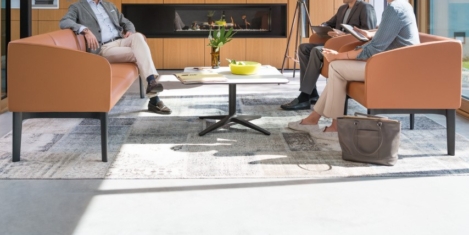
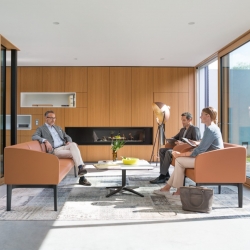
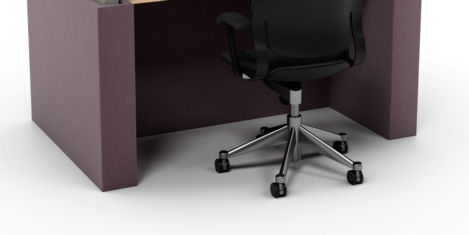
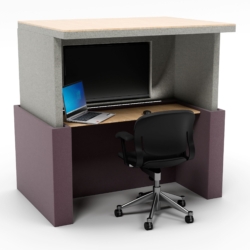
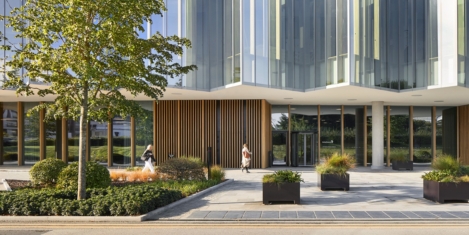
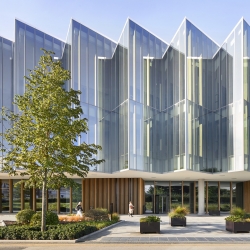
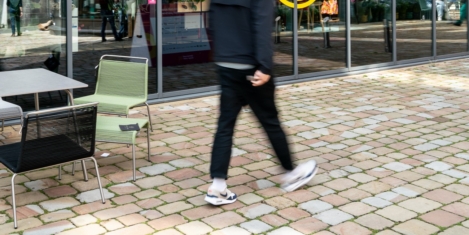
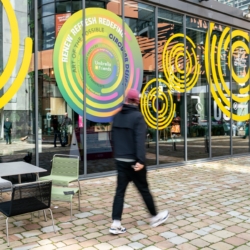
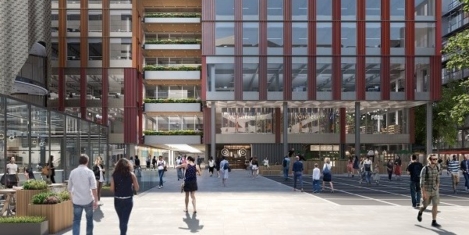





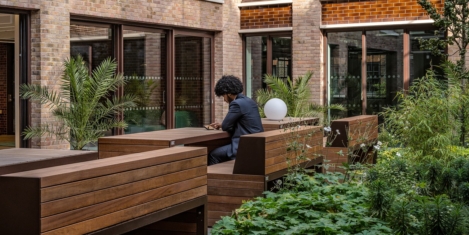
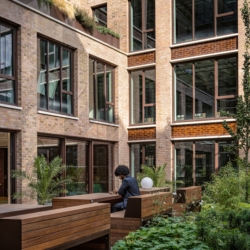








June 24, 2025
The Kafka trap of return to office arguments
by Mark Eltringham • Comment, Flexible working